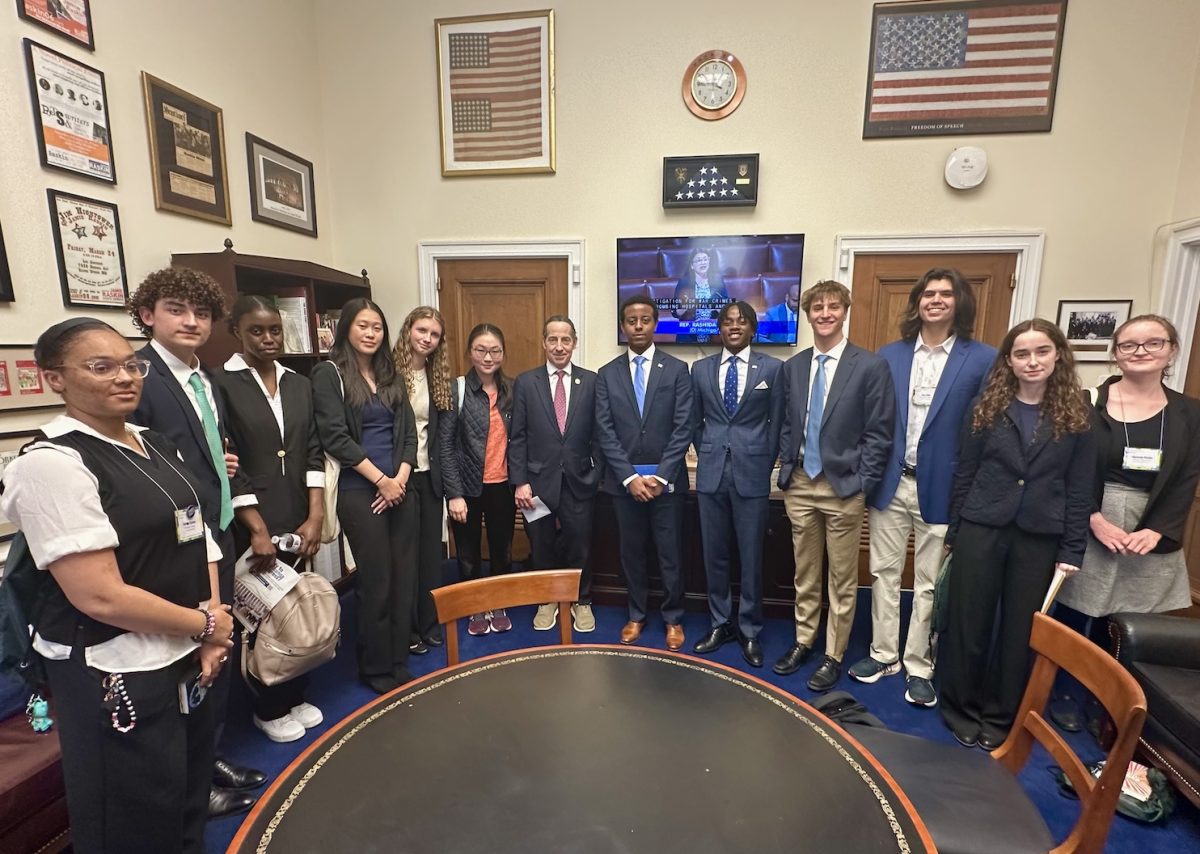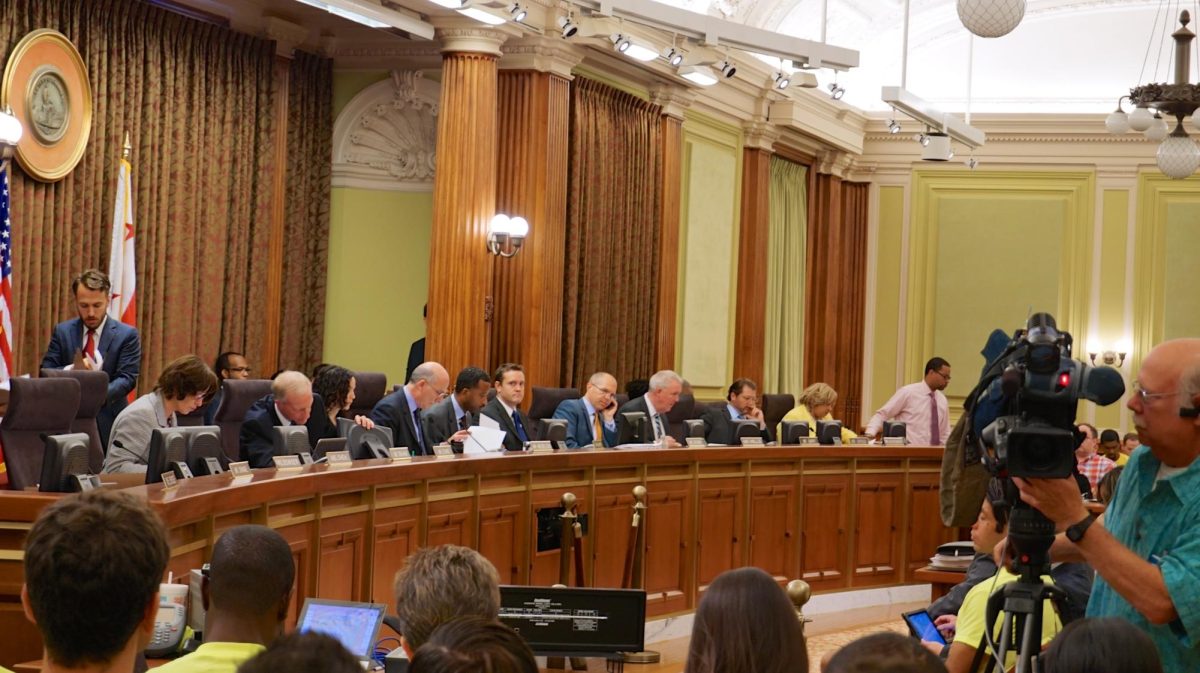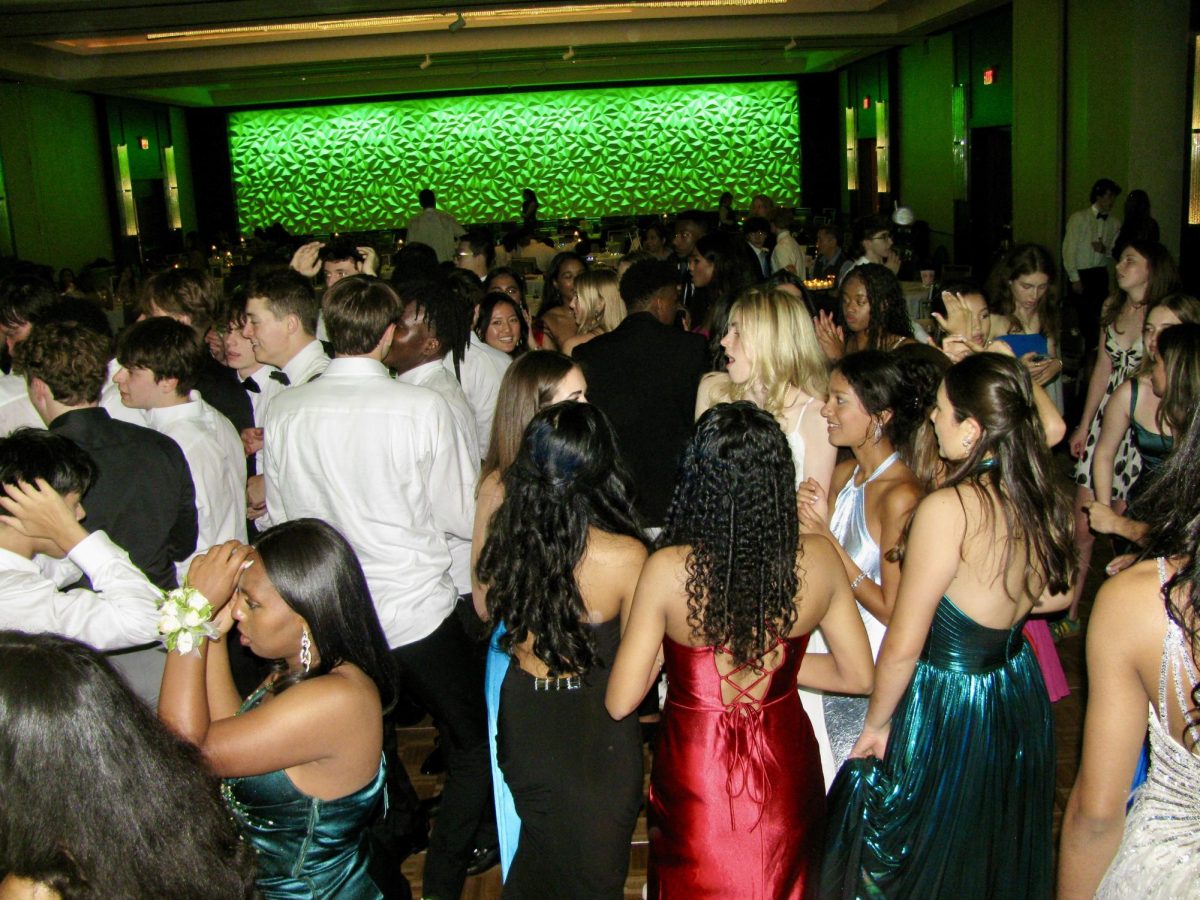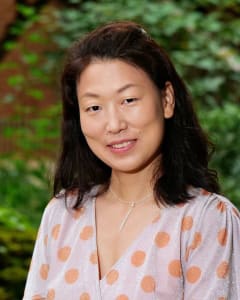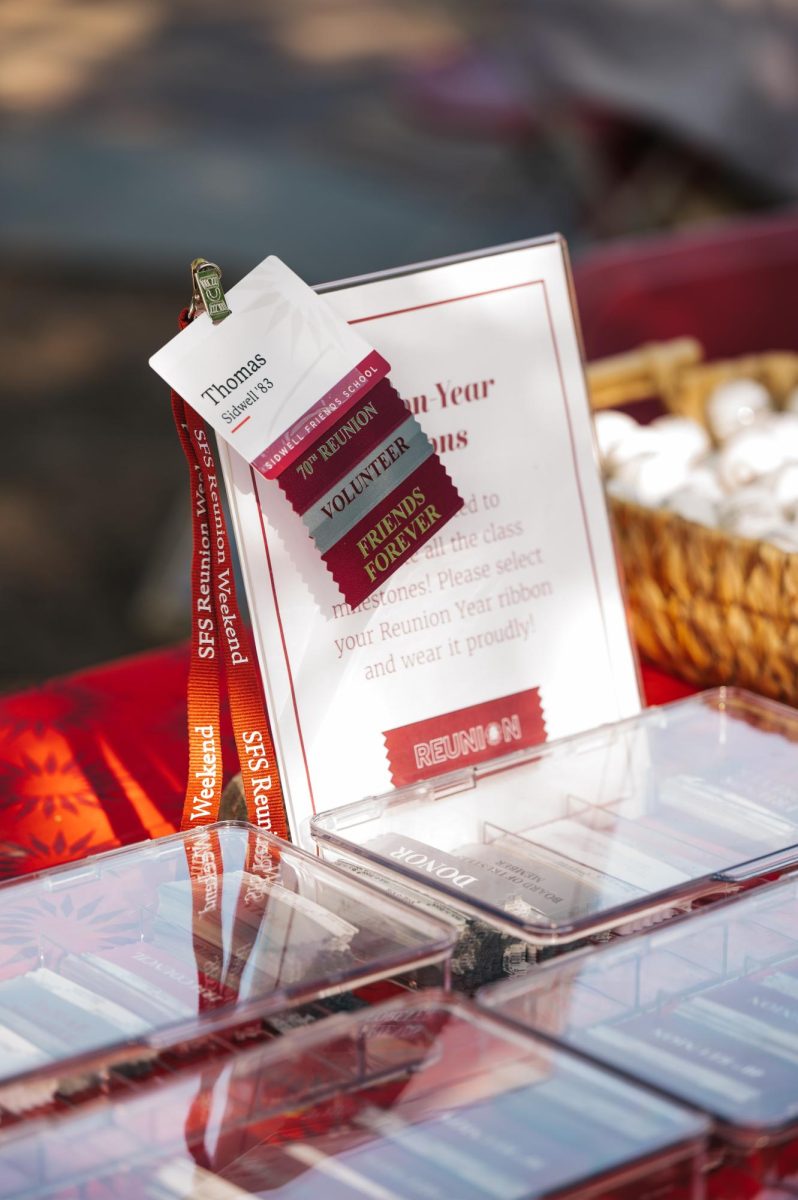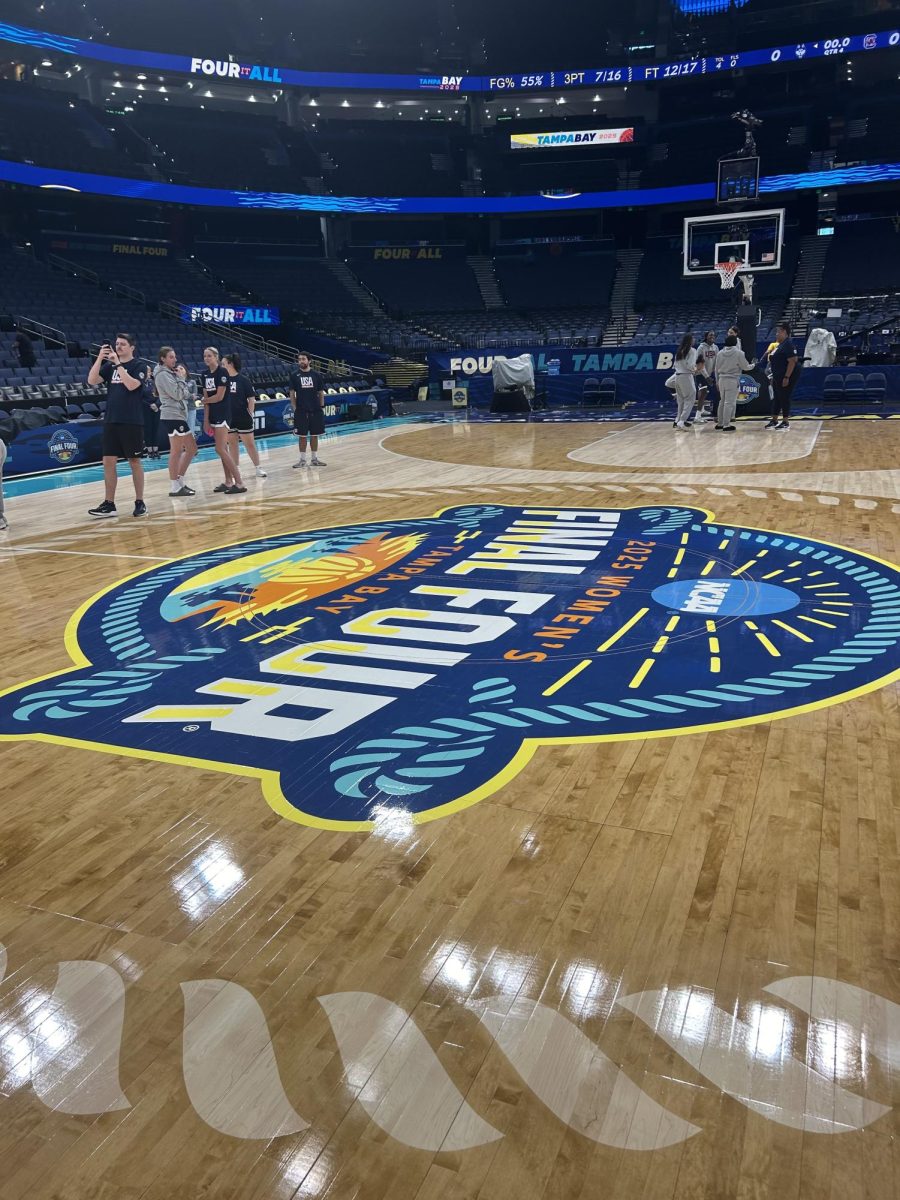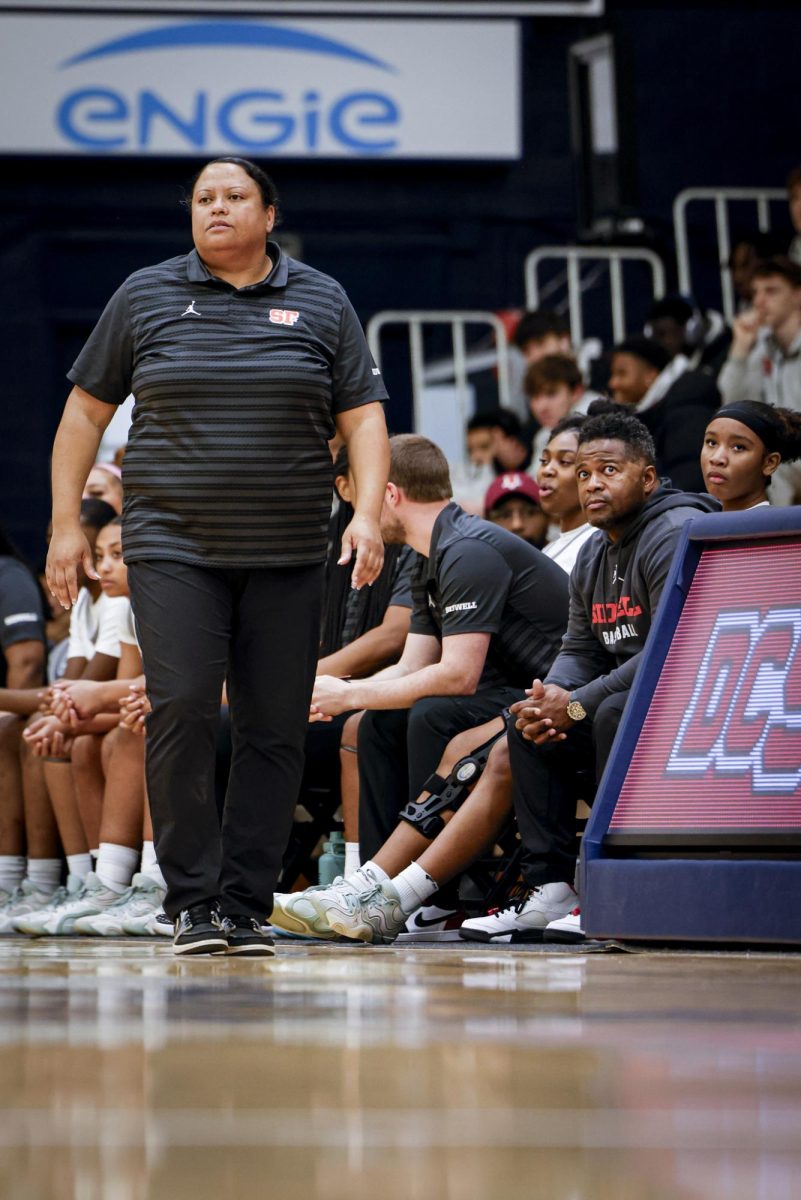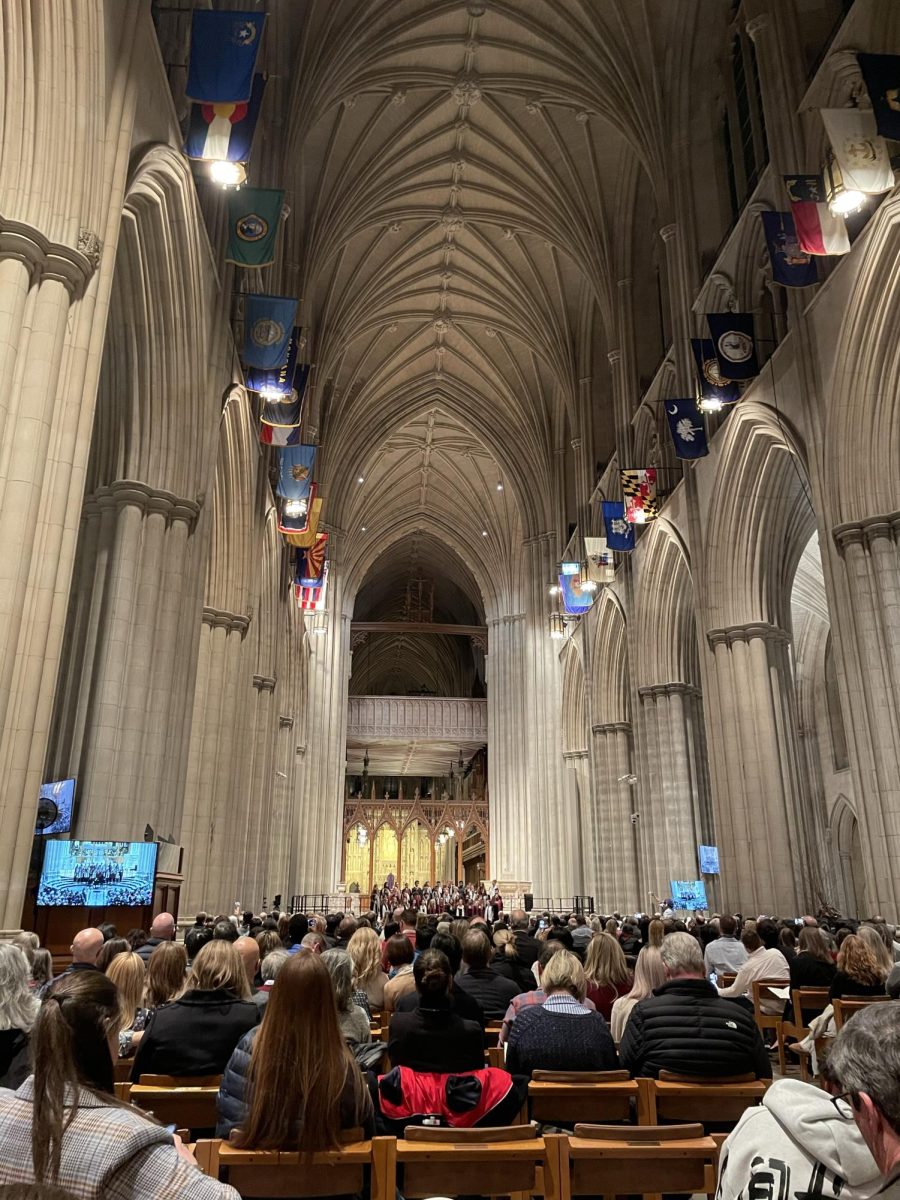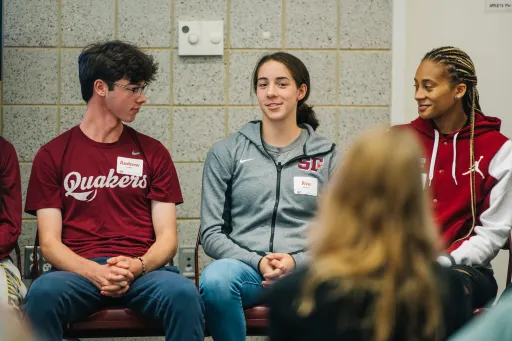
Hoping to ensure a smooth transition into the second semester, students, teachers and administrators offer advice to help students navigate the increasingly difficult and demanding workload.
According to sophomore Coco Campbell, taking time away from studying and preparing for every class is essential to a healthy lifestyle, especially as teachers increase the amount of homework and tests.
“Working in larger blocks to free up longer breaks is my preferred approach to homework and studying,” Campbell said. “Doing a five-minute review of every class each night is extremely helpful, regardless of whether the class has assigned work. That way, I know what topics I am struggling with that I should ask about in the next class and studying for a test or a quiz is easier and less time-consuming.”
Junior Marielle Van Meter has a similar approach, electing to divide her longer assignments into smaller, more manageable tasks. “Normally, I break everything I have to do down into small, manageable things so it seems less overwhelming and a lot more doable, and then I make a list of all of the tasks and when I should do them,” she said.
Upper School History Teacher and Director of Chinese Studies John Flower added that prioritizing “straightforward” assignments helps build students’ confidence, especially during the latter months of the year. “Breaking things into smaller, simple steps helps give that sense of satisfaction of crossing something off,” Flower explained.
Interim Dean of Student Life and History Department Head Darren Speece agreed that “doing a little bit over multiple days is very effective.” When studying for tests, he suggested organizing necessary materials at least three days out, reviewing and summarizing two days out and then doing a “deeper dive” the day before.
Assistant Upper School Principal for Academic Affairs Robbie Gross advised that students take full advantage of free time in school to work on homework assignments instead of waiting to complete everything at home.
“Use your 25-minute extension blocks wisely,” noted Gross. “If you’re working on something you need to finish for homework, finish it right then.”
Upper School Learning Support Coordinator Auysha Muhayya explained how memory works when studying. “Learning should always include three stages: Priming, improving understanding and self-assessing to adjust our habits,” Muhayya said.
According to Muhayya, the “middle stage” is the most enjoyable way to study, as “this is when we can use established SRSDs (Self-Regulated Strategy Development) or creative mnemonics or songs to memorize facts.”
Muhayya also recommended using a “buddy system” to help remember facts and ideas for assessments.
“We map knowledge to long-term memory effectively by reteaching it to others; students can retell stories, quiz each other and identify the problem-solving steps,” Muhayya explained. “Simply sitting alongside another classmate during work periods improves focus, accountability and camaraderie.” She advised students to “find a good company for both cognitive and emotional support.”
In addition to study tips and suggestions, several faculty members and students provided advice on staying positive and engaged near the end of the school year.
Flower suggested that students find a subject they are passionate about inside or outside the classroom. When working on this subject, students “should grab onto those and wring every moment of pleasure you can out of it.”
Flower stressed the importance of students finding projects that relate to their interests outside the typical graded classroom assignments.
“That’s the key to mental health,” stated Flower. “That ability to find and explore your interests is the key to becoming a culture of collaboration. What we are now is a culture of competition.”
Gross recommended that students consider the new semester a fresh start and an opportunity to try new things. “Join a new club, talk to other students you have not had a chance to get to know and adopt a new mindset,” he advised.
Speece agreed that students should expand their areas of interest through the different clubs and affinity groups Sidwell offers to enrich their understanding of ideas not necessarily provided through the academic curriculum. “So long as you are deepening your knowledge, honing your skills and identifying your passions, strengths and weaknesses, you are doing the right thing,” said Speece. “There is no definitive end point for mastery of anything. It’s all about developing and adjusting and knowing that there is no perfect knowledge or skill.”








